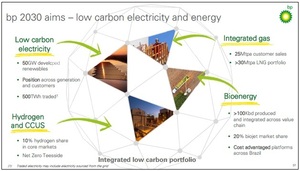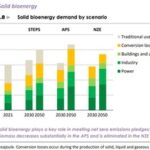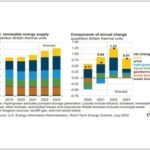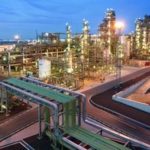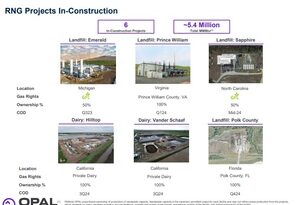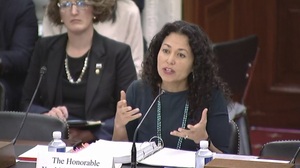BP net zero strategy features increased bioenergy production
Energy Disrupter
ADVERTISEMENT
BP on Aug. 4 announced a new strategy to transform from an international oil company focused on producing resources to an integrated energy company. As part of that goal, BP aims to become a net zero company by 2050.
Within 10 years, BP said it aims to have increased its annual low carbon investment 10-fold, to approximately $5 billion a year, building out an integrated portfolio of low carbon technologies, including renewables, bioenergy and early positions in hydrogen and carbon capture use and storage (CCUS). By 2030, BP said it aims to have 50 gigawatts (GW) of net renewable generating capacity in place, a 20-fold increase from 2019. The company also aims to increase its bioenergy production from 22,000 barrels per day to more than 100,000 barrels per day, including a 20 percent biojet market share.
Over the same period, BP’s oil and gas production is expected to fall by at least 1 million barrels per day, or 40 percent, when compared to 2019 levels. Refining throughout is expected to fall from 1.7 million barrels per day in 2019 to approximately 1.2 million barrels per day. The company said its remaining hydrocarbon portfolio is expected to be more cost and carbon resilient.
During a second quarter earnings call held Aug. 4, Giulia Chierchia, executive vice president of strategy and sustainability at BP, said the company plans to scale its bioenergy business, focused on biofuels, biogas and biopower. The target for 100,000 barrels per day will include advantaged coprocessing in BP’s refineries and third-party facilities, she added. “To this end, we plan to replicate our successful models of BP Bunge in Brazil and of biogas in the U.S. and leverage our biomass conversion technology, such as Fulcrum, which access cost-advantaged feedstock,” Chierchia said.
Chierchia also explained that in bioenergy, BP is aiming for 50,000 barrels per day by 2025 and will seek to grow its ethanol production through its Brazilian joint venture, BP Bunge Bioenergia, and refinery bio co-processing production.

